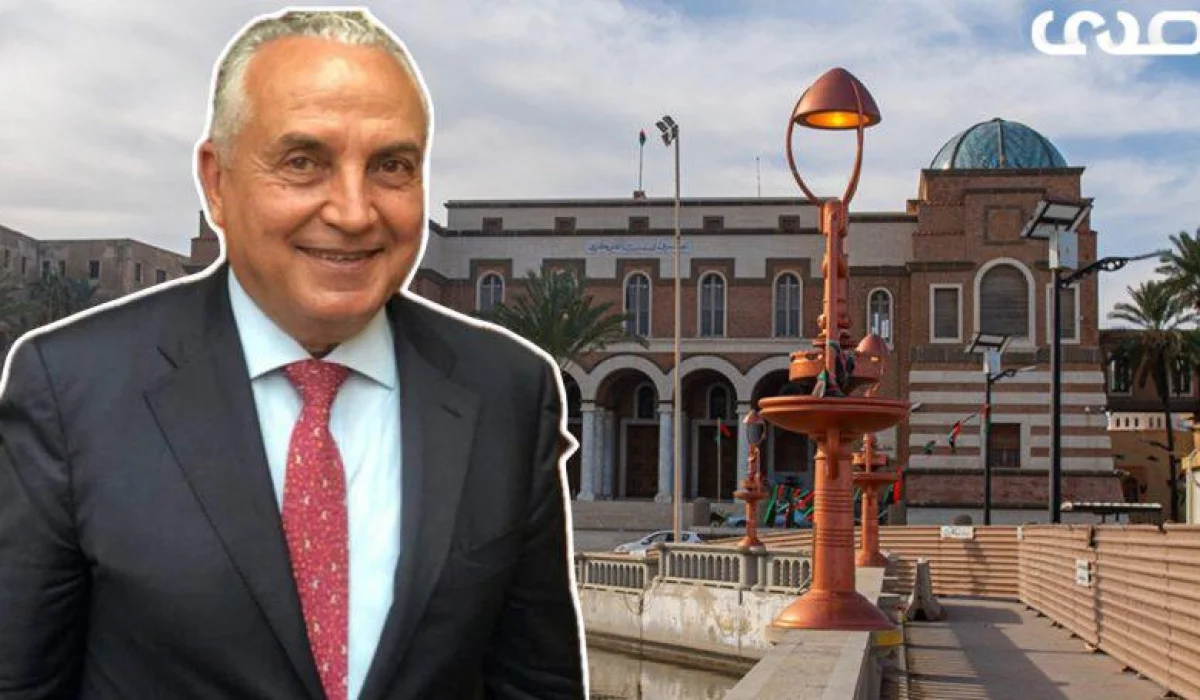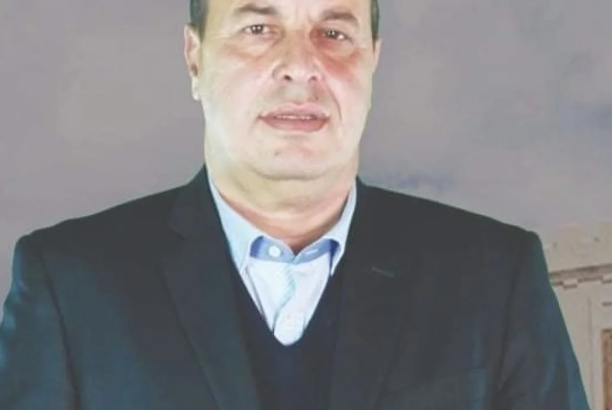
| News
Exclusive: Commenting on the Central Bank’s Correspondence with the Audit Bureau, Husni Bey: “It’s Just a Storm in a Teacup, and the Bank Is Trying to Comply and Mitigate Risks”, Saying: “The Fault Lies with Us”
Libyan businessman Husni Bey stated exclusively to our source: “What is being circulated about the Central Bank’s request to the Audit Bureau is nothing more than a ‘storm in a teacup.'”
He continued: “The Federal Reserve has not suspended any transactions related to Libya, nor has it threatened any immediate or urgent suspension. All it requires is an independent auditing office to conduct post-transaction reviews and monitor the use of Libya’s dollars by Libyan banks and the Central Bank in terms of transparency and combating money laundering and illicit activities.”
Bey added: “The requested measure is merely formal, natural, and objective—especially in a country like Libya, where the parallel market, speculation, and trade outside the banking system through personal cards and cash account for approximately 50% of the economic activity.”
He explained: “The U.S. Federal Reserve’s concerns stem from institutional division, deficit spending, the absence of an approved budget, and the lack of consensus on financial arrangements. This is compounded by allegations of undisclosed public funding sources, oil-for-fuel barter agreements, fuel smuggling, and other irregularities highlighted in the Audit Bureau’s reports. Fuel smuggling, which has become a contentious activity due to price disparities exceeding 3,000%, exacerbates these issues.”
Bey concluded: “We must admit that the fault lies with us. We need to work on unifying the budget or agreeing on financial arrangements, while also taking decisions to limit cash transactions—even criminalizing cash dealings above a certain amount, such as 50,000 dinars.”
He wrapped up his remarks by reiterating: “It is a storm in a teacup, and the Central Bank, through its correspondence with the Audit Bureau, is trying to comply with the request and reduce concerns and risks.”





